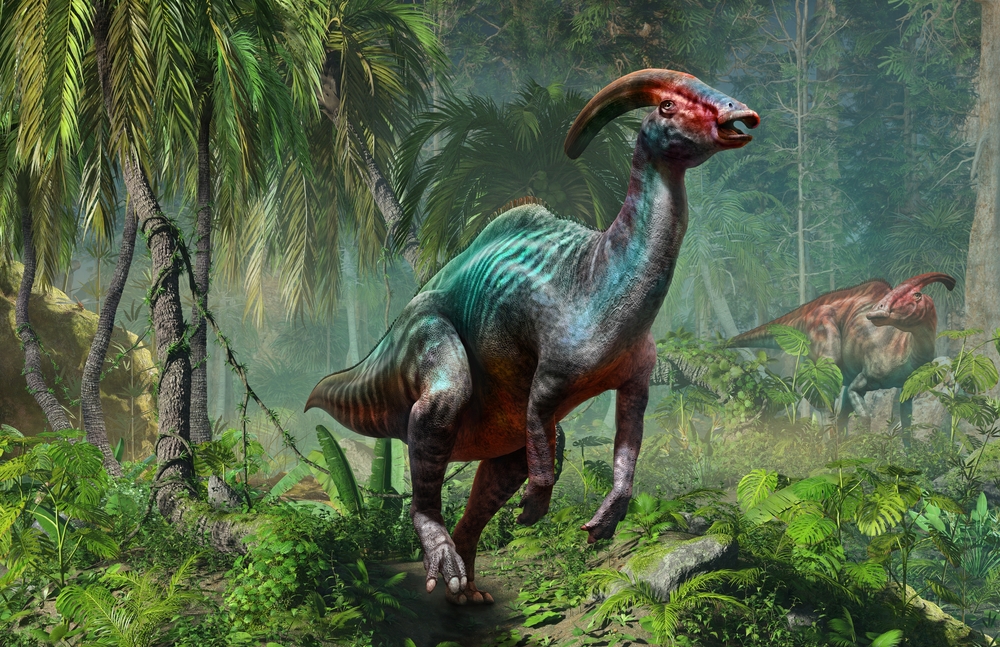Glimpse of galactic merger, via James Webb telescope, may explain presence of monster black holes
A pair of black holes has been observed colliding in the ancient universe for the first time. The observations, by the James Webb Space Telescope, reveal a merger of two galaxies and the monster black holes at their centres when the universe was just 740m years old, about a 20th of its current age.
The discovery that massive mergers appear to have been common in the infant universe could help explain how supermassive black holes like the one at the heart of the Milky Way achieved such tremendous proportions.
Continue reading…Glimpse of galactic merger, via James Webb telescope, may explain presence of monster black holesA pair of black holes has been observed colliding in the ancient universe for the first time. The observations, by the James Webb Space Telescope, reveal a merger of two galaxies and the monster black holes at their centres when the universe was just 740m years old, about a 20th of its current age.The discovery that massive mergers appear to have been common in the infant universe could help explain how supermassive black holes like the one at the heart of the Milky Way achieved such tremendous proportions. Continue reading…
Glimpse of galactic merger, via James Webb telescope, may explain presence of monster black holes
A pair of black holes has been observed colliding in the ancient universe for the first time. The observations, by the James Webb Space Telescope, reveal a merger of two galaxies and the monster black holes at their centres when the universe was just 740m years old, about a 20th of its current age.
The discovery that massive mergers appear to have been common in the infant universe could help explain how supermassive black holes like the one at the heart of the Milky Way achieved such tremendous proportions.
Continue reading… Astronomy, James Webb space telescope, Black holes, European Space Agency, Space, UK news, Science Science | The Guardian








